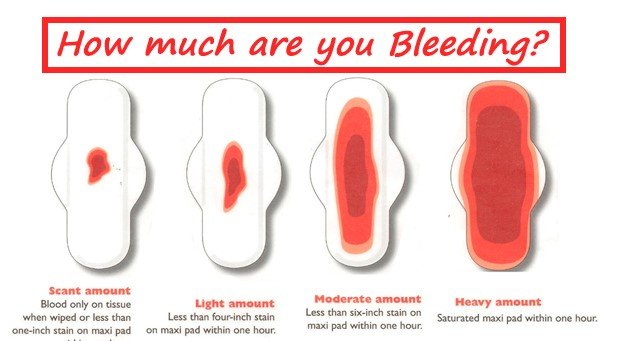Table of Contents
What are Heavy Periods?
A heavy period means bleeding that lasts more than 7 days, requires changing pads or tampons every 1-2 hours, or involves passing large clots. Some women even describe it as heavy vaginal bleeding that soaks through clothes or disrupts sleep. In some cases, it turns into continuous menstrual bleeding for months, which shouldn’t be ignored.
What are the Common Causes of Heavy Periods?
There are several reasons for heavy periods, and it’s not always a serious issue. But understanding the root cause is key to managing it:
- Hormonal imbalances – Low progesterone or high estrogen levels can cause heavy uterine bleeding and prolonged cycles.
- Fibroids or polyps – These noncancerous growths in the uterus can increase menstrual flow.
- Thyroid disorders – An underactive thyroid may trigger heavy menses.
- IUDs – Especially non-hormonal types like copper IUDs can cause a heavier cycle.
- Bleeding disorders – In rare cases, clotting issues lead to excessive vaginal bleeding.
- Certain medications or birth control – Some women experience heavy bleeding for 2 weeks on birth control before their bodies adjust.
When to See a Doctor
If your period feels unusually heavy, frequent, or painful, it’s worth a conversation with your doctor. Especially if you’re seeing symptoms like:
- Dizziness or fatigue
- Bleeding between periods
- Heavy bleeding after age 40
- Soaking through protection hourly for several hours
Ignoring ongoing symptoms could lead to anemia or signal something more serious.
Treatment Options for Heavy Periods
Treatment depends on the cause and your personal needs. Here are some commonly used approaches:
- Hormonal therapy – Progesterone for heavy periods can help balance hormones and reduce bleeding.
- IUDs – A hormonal IUD like the Mirena IUD for heavy periods often reduces flow and can stop periods entirely for some users.
- Ablation – Ablation for periods is a procedure that destroys the uterine lining to reduce or stop heavy bleeding.
- Medication – Non-hormonal medications like tranexamic acid can be prescribed to reduce flow.
- Lifestyle adjustments – Managing stress, improving diet, and regular exercise may also support hormonal balance.
For more related articles, Click here

